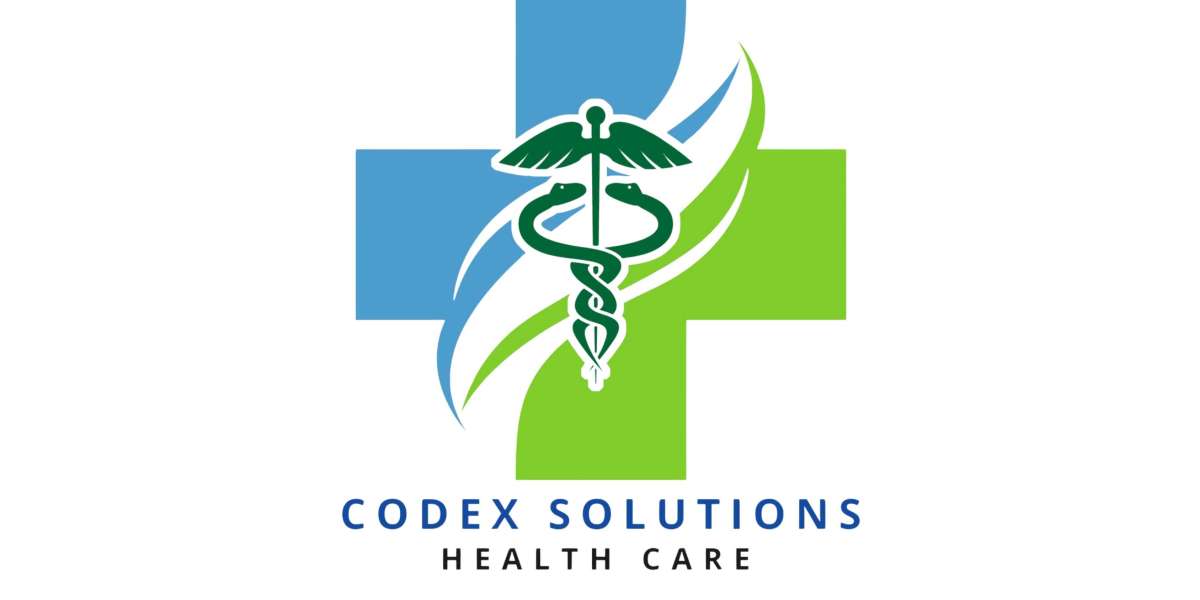Introduction
Medical coding is a critical function within healthcare, bridging the gap between patient care and billing. It involves translating medical diagnoses, procedures, and services into standardized codes, which are then used for billing, record-keeping, and insurance purposes. The field of medical coding offers several certifications, each tailored to different aspects of the healthcare system. The most recognized organizations offering these certifications include the AAPC (American Academy of Professional Coders) and the AHIMA (American Health Information Management Association).
In this article, we’ll explore the different types of medical coding courses, focusing on the AAPC, CPC (Certified Professional Coder), and CPB (Certified Professional Biller) certifications, and their importance within the healthcare sector.
1. Medical Coding Courses Overview
Medical coding courses vary depending on the complexity of the healthcare services being coded and the specific area of specialization. Codex Solutions’ Best Medical Coding Training Institute in Hyderabad is the ideal learning platform for those looking to gain expertise in Medical Coding with CPC Certification. Here are the common categories of medical coding certifications:
- CPC (Certified Professional Coder): Focuses on outpatient coding and is considered the gold standard for medical coding professionals.
- CIC (Certified Inpatient Coder): Specializes in coding inpatient services and hospital stays.
- CRC (Certified Risk Adjustment Coder): Focuses on coding for risk adjustment models such as Medicare Advantage and other risk-adjusted plans.
- CPB (Certified Professional Biller): Focuses on the billing aspect, ensuring that medical claims are prepared and submitted correctly for reimbursement.
These certifications differ in their focus, and professionals choose based on their career goals and the type of medical facility they intend to work in.
2. AAPC (American Academy of Professional Coders)
The AAPC is one of the most widely recognized organizations in the field of medical coding and billing. Established in 1988, the AAPC offers various certifications designed to validate a coder's ability to use standardized codes properly and efficiently. The AAPC also offers training courses and continuing education to help medical coders stay updated on the latest coding practices and regulations.
CPC Certification (Certified Professional Coder): The CPC certification is the flagship credential of the AAPC. This certification focuses primarily on outpatient coding, which includes physicians' offices, clinics, and other ambulatory care settings. The course covers:
- CPT® (Current Procedural Terminology)
- ICD-10-CM (International Classification of Diseases, 10th Edition, Clinical Modification)
- HCPCS (Healthcare Common Procedure Coding System) Level II codes. The CPC certification is considered the foundational credential for those entering the field of medical coding and remains highly respected across the industry.
CIC Certification (Certified Inpatient Coder): Unlike the CPC certification, which focuses on outpatient services, the CIC certification specializes in coding for inpatient hospital settings. This certification covers:
- ICD-10-CM and ICD-10-PCS (Procedure Coding System)
- Medicare Severity Diagnosis-Related Groups (MS-DRG). CIC certification is ideal for professionals looking to work in hospitals, especially within the departments that deal with long-term or complicated inpatient care.
CRC Certification (Certified Risk Adjustment Coder): The CRC certification prepares coders to handle the unique coding requirements of risk adjustment programs, such as Medicare Advantage and Affordable Care Act (ACA) programs. This course covers:
- ICD-10-CM diagnosis coding for risk adjustment.
- Compliance regulations in risk adjustment coding.
The AAPC also offers numerous specialty certifications for areas such as anesthesia, dermatology, general surgery, and more.
3. CPC (Certified Professional Coder) Certification
The CPC Certification is one of the most sought-after qualifications in the medical coding field. Offered by the AAPC, the CPC focuses on outpatient coding for physicians' offices, ambulatory surgery centers, and hospital outpatient departments.
Course Structure: The CPC certification course emphasizes the proper use of CPT, ICD-10-CM, and HCPCS Level II codes. It covers the correct identification of procedures, diagnoses, and services for reimbursement and compliance. The training is highly detailed and includes anatomy, medical terminology, and coding guidelines for outpatient settings.
- CPT Codes: These are used to describe medical, surgical, and diagnostic services performed by healthcare providers.
- ICD-10-CM Codes: These are diagnostic codes that indicate the cause of illness or injury and are crucial for reimbursement and data collection.
- HCPCS Codes: These codes describe products, supplies, and services not included in the CPT system.
Exam and Certification: The CPC exam includes 150 multiple-choice questions and focuses on several different areas of medical coding. Passing this certification opens the door to various career opportunities, such as working as a medical coder in outpatient settings, consulting, or even running your own coding business.
4. CPB (Certified Professional Biller) Certification
The CPB Certification, also offered by the AAPC, shifts the focus from coding to the financial side of healthcare. Billing professionals ensure that healthcare providers are reimbursed for services rendered by preparing, submitting, and following up on medical claims.
Course Structure: The CPB course includes topics such as:
- Medical billing and claims processes.
- HIPAA compliance.
- CPT, ICD-10-CM, and HCPCS codes.
- Insurance guidelines for Medicare, Medicaid, and commercial carriers.
- Compliance and auditing.
This certification is ideal for individuals who wish to specialize in the billing and revenue cycle management aspects of healthcare.
Exam and Certification: The CPB exam consists of 135 multiple-choice questions covering the complete billing process, from creating claims to handling denied claims. Earning this certification enables you to work as a professional biller in various healthcare settings, including hospitals, physician offices, and billing companies.
5. Choosing Between CPC and CPB
When considering a career in medical coding, you might wonder whether to pursue a CPC or CPB certification.Codex Solutions’ Best Medical Coding Training Institute in Hyderabad is the ideal learning platform for those looking to gain expertise in Medical Coding with CPC Certification. Here’s a brief comparison to help you decide:
CPC (Certified Professional Coder): This certification is best for those who enjoy detail-oriented work, such as analyzing patient records, and coding them for reimbursement. If you’re looking for a role that involves working directly with clinical documentation and applying medical knowledge, the CPC certification would be more suitable.
CPB (Certified Professional Biller): If you’re more interested in the financial side of healthcare and ensuring that providers get paid for their services, the CPB certification might be the right choice. Billing professionals work closely with insurance companies and patients to handle claims, payments, and denials.
Conclusion
Medical coding and billing are essential components of the healthcare industry, ensuring that medical services are accurately recorded and reimbursed. Whether you pursue the CPC certification to focus on coding or the CPB certification to specialize in billing, both career paths offer a wide range of opportunities in various healthcare settings. Understanding the difference between these certifications and the courses they offer is key to making an informed decision about your future in the healthcare industry.








